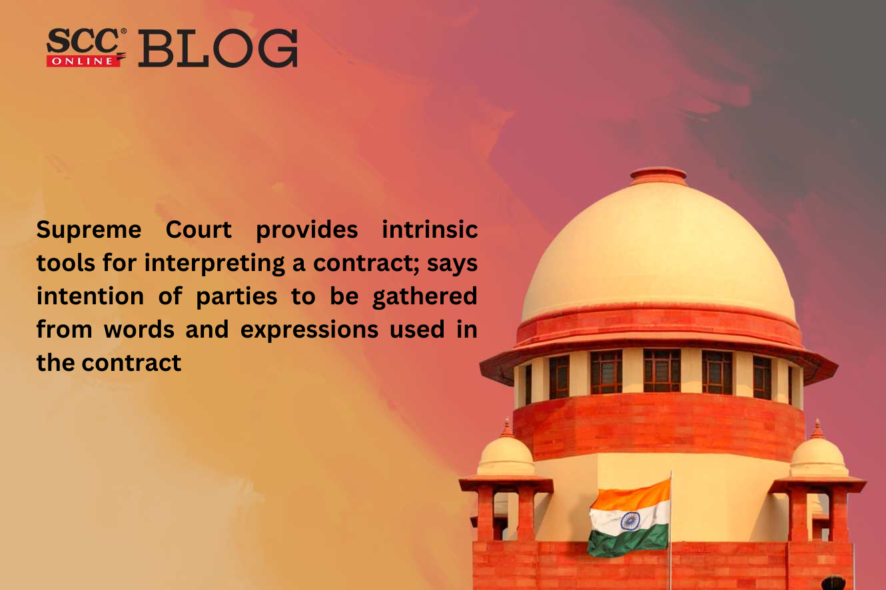Supreme Court: In an appeal filed by the Food Corporation of India (‘FCI’) against the judgment of Tripura high Court wherein it held that demurrages cannot be recovered as a charge by the corporation, the division bench of Pamidighantam Sri Narasimha* and AS Bonappa JJ. after examining the contract, held that the parties did not intend to include liability on account of demurrages as part and parcel of the expression “charges” in the contract between them.
The issue is whether the demurrages imposed on the corporation by the Railways can be, in turn, recovered by the corporation from the contractors as “charges” recoverable under clause XII(a) of the contract between the parties?
The Court said that the scope of the expression “charges” must be understood as intended by the parties to the contract. Thus, the Court examined the expression “charges” in the context of its related words in the contract, which are costs, damages, registration fees, and expenses. These expressions indicate the different heads under which losses are recoverable from the contractors for acts of negligence, unworkmanlike performance of any service, breach of terms and failure to carry out the work in the context of the working of the contract. However, it said that these expressions are wide and do not aid in understanding the meaning of the expression “charges”, thus, the meaning must be understood in the larger context of the contract.
The Court said that the real question is whether the contractors had any obligation towards loading and unloading foodgrains from the railway wagons. After examining the contract, the Court said that there is no contractual provision requiring the contractors to undertake the task of loading and unloading foodgrains from the railway wagons.
Further, based on interpretation of the expression “charges” in the contractual context, it was opined that, it did not include liability on account of demurrages. Thus, the corporation cannot impose and collect demurrages from the contractors.
The Court while providing for intrinsic tools for interpreting a contract, said that interpretation of contracts concerns the correct intention of the parties to it and words and expressions used in the contract are principal tools to ascertain such intention. While interpreting the words, courts look at the expressions falling for interpretation in the context of other provisions of the contract and in the context of the contract as a whole. Further, courts do not resort to materials external to the contract for construing the intention of the parties, however, there are certain exceptions to this rule, for instance, in latent ambiguity, which cannot be resolved without reference to extrinsic evidence. Latent ambiguity exists when words in a contract appear to be free from ambiguity; however, when they are sought to be applied to a particular context or question, they are amenable to multiple outcomes.
The Court while comparing the present contracts with similar but not identical contracts entered by the corporation confirmed that the interpretation of the word “charges” in the contract is exclusive of liability for demurrages, as the present contract do not involve the task of loading and unloading foodgrains from the railway wagons as a part of the contractors’ responsibility. Thus, the liability of the contractors in the present contracts is clearly distinguishable from other contracts entered into by the FCI, having a different scope and objective, therefore the Court upheld the judgment of the High Court.
[Food Corpn. of India v. Abhijit Paul, 2022 SCC OnLine SC 1605, decided on 18-11-2022]
*Judgment by: Pamidighantam Sri Narasimha.
*Apoorva Goel, Editorial Assistant has reported this brief.






